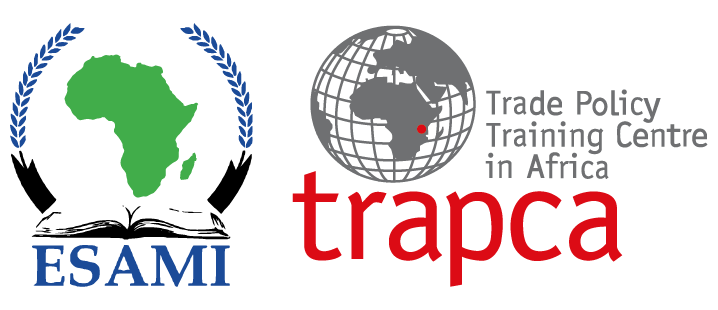Statement of need
International trade and investment in services are an increasingly important part of the regional integration agenda. While most African countries participated in the WTO negotiations resulting in WTO’s General Agreement on Trade in Services (GATS), they have further proceeded to create a trade in services and investment agreements under the auspices of their regional economic communities. However, similar to the challenges these countries face to implement their minimum standard commitments under WTO’s GATS and associated agreements, implementation incapacities of these countries are further pronounced at the regional level where they have assumed WTO-plus commitments. The ability to rationalize national interests in a negotiation context and further rationalize the implementation of the resulting outcomes for implementation purposes remains a singular source of concern confronting African countries in their Regional Economic Communities (RECs) regimes. In this regard, as African Countries prepare to exchange offers that will transition to schedules of specific commitments under the African Continental Free Trade Area according to the AfCFTA Agreement, would like to enhance the skills of their negotiators as they prepare for the forthcoming trade in services and investment negotiations. This is critical considering that ICT-related technological advancements have expanded the scope of services that can be traded across borders and the nature of FDI thus challenging the validity of the scope of coverage of trade in services issues that are currently covered in both in RECs regimes and the WTO. Furthermore, new initiatives by advanced economies aimed at reshaping trade in services standards, creating new rules and expanding the scope of sectors covered by traditional multilateral and REC regimes have emerged.
Objectives of the course
Content
Scheduling of Specific Commitments
Analyse competitiveness in services, & Selected Statistics on services sectors and interpretation of schedules
Duration
2 Weeks
Date: 14 – 25 April 2025
Venue: ESAMI Headquarters, Arusha – Tanzania
Course Fees
$1,250
